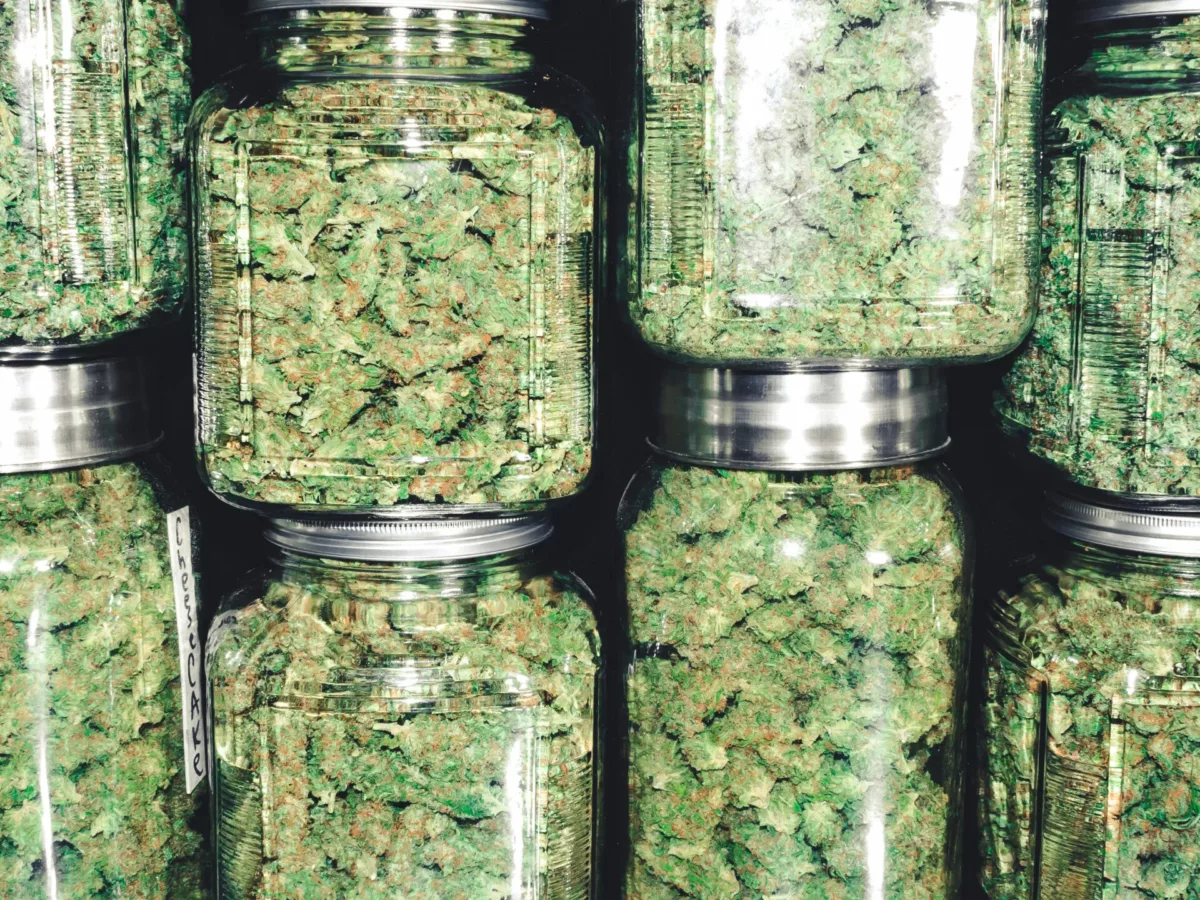After more than four years of delay, brick-and-mortar medicinal cannabis dispensaries are beginning to pop up in West Virginia.
Earlier this month, Florida-headquartered Trulieve became the first company to launch a medical dispensary in the state since cannabis use was legalized for registered patients in April of 2017. More than 200 people lined up for the store’s grand opening in Morgantown on Nov. 12, and the company launched a second location three days later in Weston.
The openings signaled the start of what experts say will likely be a medical cannabis boom in West Virginia. More than 4,400 patients have already registered for the state’s medical weed program, per MJBizDaily, and regulators say dozens of dispensaries will be opening up shop over the next few months.
In a press release, Trulieve CEO Kim Rivers said the company hopes to “bolster local economies by creating sustainable jobs and investing in marginalized communities.”
But whether the state’s fledgling medical cannabis industry will grow into a thriving local economy, or quickly get taken over by out-of-state cannabis corporations remains to be seen.
In January, West Virginia’s Office of Medical Cannabis announced that 100 dispensary permits – the maximum allowed by state law – were awarded to 31 companies. Four of those companies – Columbia Care, Holistic Industries, Verano Holdings and Trulieve – are multistate operators (MSOs) that together now hold 26 of the state’s 100 permits.
If other states are any indication, the number of MSOs in West Virginia is likely to grow. In neighboring Maryland, which launched its medical cannabis program in December 2017, multistate operators have progressively consolidated the state’s industry through various mergers and acquisitions. As of last month, 39 of the state’s 101 dispensaries were either owned or affiliated with an MSO.
West Virginia’s small population of 1.8 million means its cannabis market is limited, but Greg Kennedy, CEO and founder of NewLeaf LLC, a new local medical cannabis company, said that’s what makes it “a diamond in the rough.”
“It’s got a small population but it’s got a real need,” said Kennedy, the former vice president of Beyond/Hello, which opened neighboring Virginia’s third medical dispensary last year.
NewLeaf has scored permits to launch five medical dispensaries in West Virginia, with its flagship store slated to open next year in Martinsburg, followed by locations in Morganstown, Berkeley Springs, Kearneysville, and Keyser.
In Kennedy’s view, West Virginia’s medical cannabis industry will need to strike a balance between multistate operators and local cannabis companies.
“Do I want to see more local people own and operate dispensaries? Absolutely,” he said.
But he noted that larger companies have more capital and resources, which sometimes allows them to advocate for patients “in a way that’s difficult for just a local group.”
“Multi-state operators serve a big role in a small state such as West Virginia,” he said, adding that NewLeaf hopes to one day expand its operations to other states.
Carly Wolf, a state policy analyst at NORML, said West Virginia will need to prioritize local and diverse ownership in its medical weed industry by focusing on creating social equity.
“I think it’s super important to prioritize those communities that have been most adversely affected by cannabis prohibition, and I think a lot of states are starting to do that which is great to see,” she said.
However, she said limited permits and lack of access to capital can present a roadblock for independent entrepreneurs looking to get a cannabis business off the ground.
“I think a big issue with that is the cap on the number of licenses which prevents a lot of small businesses from getting licensed and becoming operational,” Wolf said.
To create a more inclusive industry, she said regulators should lower application fees “to encourage participation from small business owners and formerly disenfranchised populations.”
With a $2,500 non-refundable application fee and a $10,000 registration fee, obtaining a medical marijuana dispensary license in West Virginia can be a costly affair. Meanwhile, growers are on the hook for a $5,000 application fee and a $50,000 registration fee.
Wolf said the roll out of West Virginia’s medical cannabis program was one of the slowest she’s ever seen.
“This was just one of those situations where the politicians and regulators were kind of dragging their feet,” she said.
Wolf said such delays are a strong reason to include legal home cultivation in any new medical marijuana law.
“In the almost five-year period from the bill being signed to becoming operational, if there was a home cultivation option provided, then patients wouldn’t have been left suffering.”
She noted that the state’s Office of Medical Cannabis has been holding events and workshops to help patients sign up for the program, which means more customers for the dispensaries and a boost to the industry.
Most importantly, Wolf said, patients will now finally be able to get the relief they need.
“It should’ve happened years ago,” she said.






